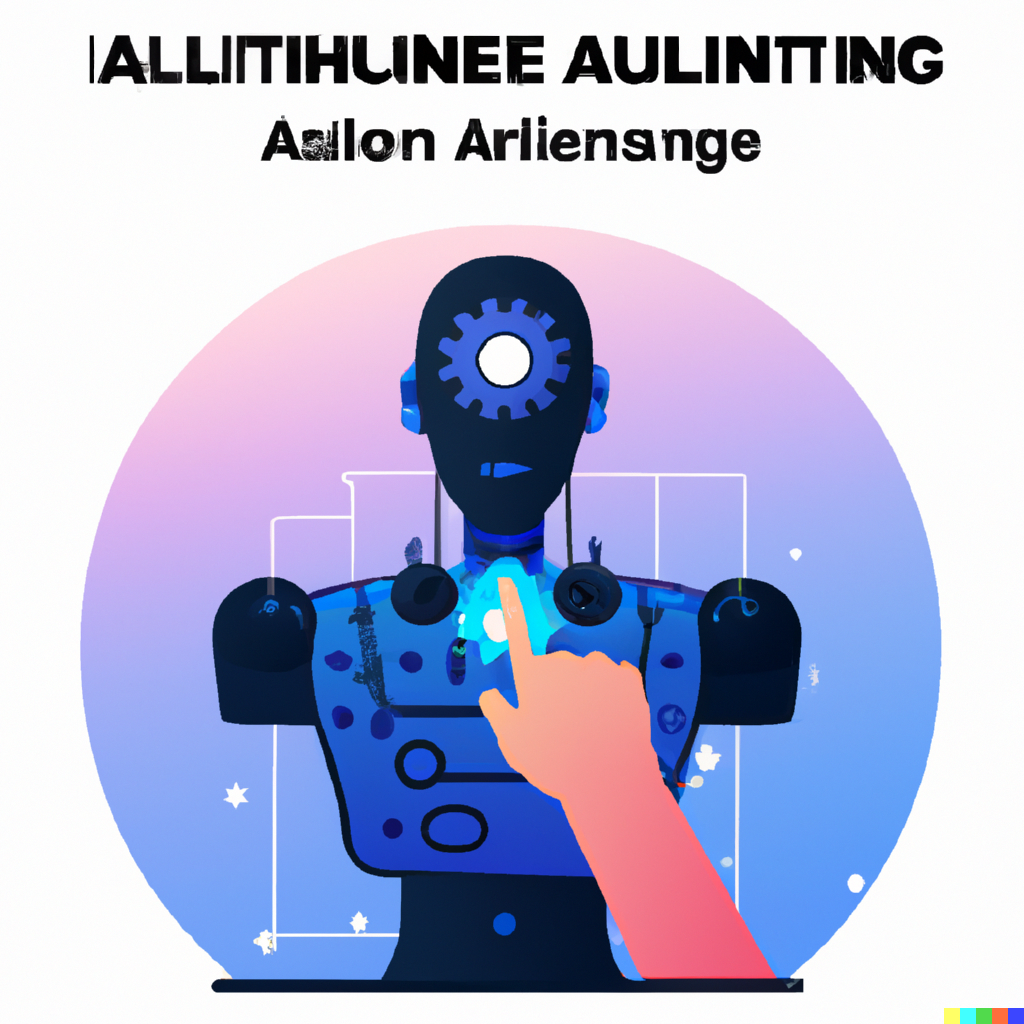Artificial intelligence (AI) is one of the most exciting and rapidly growing fields of technology. It involves the development of algorithms and computer programs that can perform tasks that normally require human intelligence, such as recognizing speech, making decisions, and translating languages. With AI, computers can learn from data, identify patterns, and make predictions with a high degree of accuracy.
There are many different types of AI, including machine learning, deep learning, and natural language processing. Machine learning is the process by which a computer learns to perform a task without being explicitly programmed. Deep learning involves the use of neural networks, which are algorithms that are modeled after the structure of the human brain. Natural language processing (NLP) involves the use of computers to understand and process human language.
AI is being used in a variety of industries, including healthcare, finance, retail, and transportation. In healthcare, AI is being used to analyze medical images and provide diagnoses, while in finance, it is being used to detect fraud and analyze financial data. In retail, AI is being used to personalize customer experiences and improve supply chain efficiency, and in transportation, it is being used to optimize routes and reduce fuel consumption.
One of the benefits of AI is that it can automate tasks that are time-consuming, repetitive, and error-prone for humans. This can lead to increased efficiency, reduced costs, and improved decision-making. However, it is important to note that AI is not a replacement for human intelligence, but rather a tool that can augment it.
Another important aspect of AI is ethics. As AI becomes more advanced and capable of making decisions that can impact people's lives, it is important to ensure that the technology is used in a responsible and ethical manner. This includes issues such as data privacy, bias, and accountability.
In conclusion, AI is a rapidly growing field that has the potential to transform many industries and improve our lives in a variety of ways. Whether you are a professional looking to incorporate AI into your work or someone who is simply interested in learning more about the technology, this guide provides a comprehensive overview of what you need to know.

